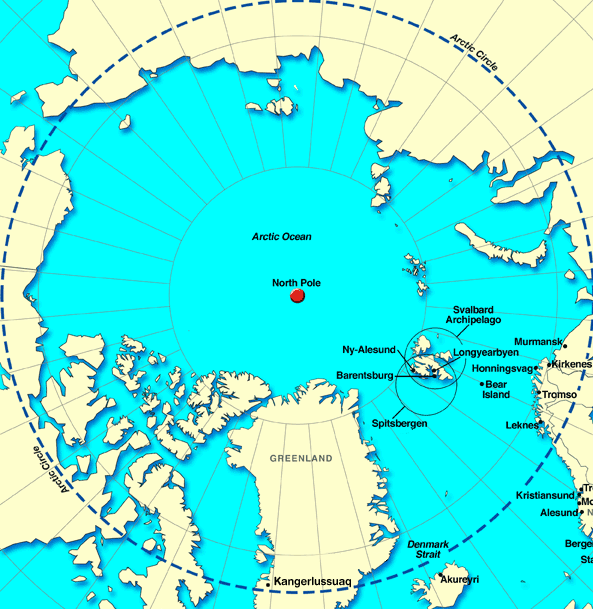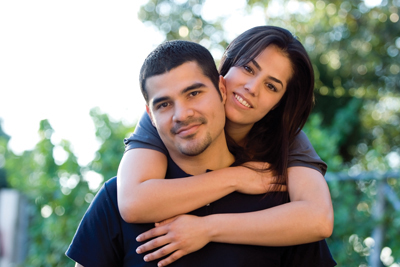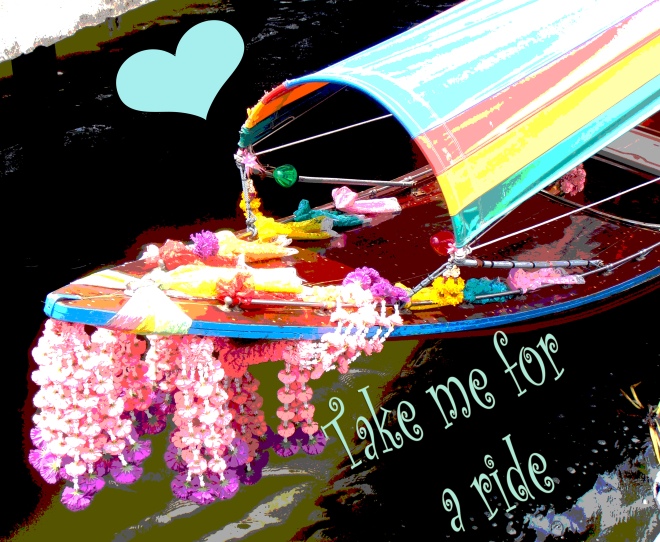There’s a great existentialist saying out there:
“You’re a ghost driving a meat-coated skeleton made from stardust, riding a rock, hurtling through space. Fear nothing.”
Once we as travelers — or aspiring travelers — have had a couple of minutes to conjure this mental image, we usually either smile or feel overwhelmed. Do you feel any bettter about buzzing around in a jet above that thing called earth when it’s already hurtling through the galaxy? Yes, we know we’re always rotating around the sun. But we don’t think about it much. We think about where we need to go. About relative distances. When we talk about traveling, though, we talk about going “far away.” But far away from what?
Ask someone who loves to travel the world where “home” is, and they might say that the whole world is home. Anywhere you look, there are three things: a horizon, a sky, and a sun. But asking someone to visualize exactly where they are on the globe can upset their sense of comfort. Who hasn’t been in Kazakstan, the Arctic Circle, or Madagascar in a nice hotel room eating Cheez-its and watching BBC when they take a look at a world map in their travel bag and felt marooned and suddenly lost? That feeling is: where am I?
Take one of those long flights on a cheap airline that offers no “entertainment” except the flight monitor screen showing you inching over an ocean or a continent. These little maps can really upset some people, and they look outside. Yep, out there is the sky, the horizon and that nice sturdy wing that will soon be coming into close contact with some familiar asphalt. Other people (probably those aisle-seat people for whom it’s “not just about the extra leg room”) can’t get their eyes off the map. They need to know where they are, and they rely on that visual map like a graphic compass.
If you’re an anxious traveler, the point is to know what type of person you are — one whose fears are alleviated by using and watching maps — or one who isn’t. Personally I need a sense of where I am on a world map at all times to feel comfortable. being a meat-coated skeleton hurtling a rock on a different piece of the stardust is part of the thrill of traveling for me. When I’m in the Arctic, can I sense mainland Europe and Africa being “below” me? Yes, that awareness is always there. If it wasn’t, I’d feel marooned. My mind would play tricks on me. When I’m in Northern Norway, I need to know that I’m closer to Alaska than I am to New Brunswick. If I didn’t, I’d feel lost. I’d go outside and literally take the sky, the horizon, and the sun for what they are — those things that are everywhere — and I’d get disoriented. I’d become afraid. Those things that are so familiar to me — the sky, the horizon, and the sun — would become a menace. I’d be back home, but in the Arctic.
You, on the other hand, might have ditched your map in Oslo. This is your new home. That’s north, that’s south, that’s east, and that’s west. You’re on a different chunk of planet Earth, but who needs specifics? You want a street map and nothing more. If you look at a world map, you might feel overwhelmed, because you might notice that you’re awfully close to the “edge,” in danger of falling off. You feel like Columbus, determined to prove that the horizon can never be reached. The key to alleviating your anxiety is to forget your geography class, and keep moving without thinking about exactly where you are. You’re an adventurous meat-coated ghost with a soul desire for adventure, hurtling on a rock through space.

























